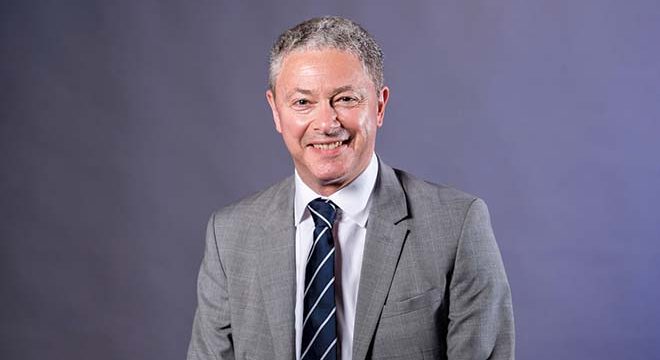 Just before Christmas the RFL lodged its accounts for the year ended 31 December 2020 with Companies House.
As we might have expected, The Rugby Football League Limited suffered a 25 per cent drop in its income compared to 2019, with it turnover falling to £15,345,603 from £20,711,056 in the previous year.
It had no match income at all in 2
Just before Christmas the RFL lodged its accounts for the year ended 31 December 2020 with Companies House.
As we might have expected, The Rugby Football League Limited suffered a 25 per cent drop in its income compared to 2019, with it turnover falling to £15,345,603 from £20,711,056 in the previous year.
It had no match income at all in 2 Talking Rugby League: How the RFL made a profit in 2020
 Just before Christmas the RFL lodged its accounts for the year ended 31 December 2020 with Companies House.
As we might have expected, The Rugby Football League Limited suffered a 25 per cent drop in its income compared to 2019, with it turnover falling to £15,345,603 from £20,711,056 in the previous year.
It had no match income at all in 2
Just before Christmas the RFL lodged its accounts for the year ended 31 December 2020 with Companies House.
As we might have expected, The Rugby Football League Limited suffered a 25 per cent drop in its income compared to 2019, with it turnover falling to £15,345,603 from £20,711,056 in the previous year.
It had no match income at all in 2 